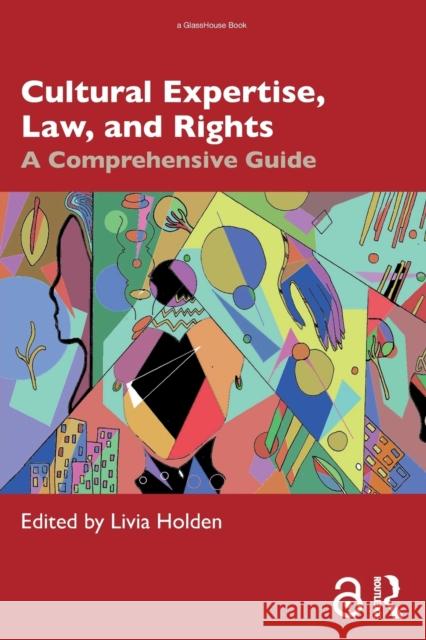Cultural Expertise, Law, and Rights: A Comprehensive Guide » książka
Cultural Expertise, Law, and Rights: A Comprehensive Guide
ISBN-13: 9781032498607 / Angielski
Cultural Expertise, Law, and Rights: A Comprehensive Guide
ISBN-13: 9781032498607 / Angielski
(netto: 195,86 VAT: 5%)
Najniższa cena z 30 dni: 186,33
ok. 22 dni roboczych.
Darmowa dostawa!
Cultural Expertise, Law, and Rights introduces readers to the theory and practice of cultural expertise in the resolution of conflicts and the claim of rights in diverse societies. Combining theory and case-studies of the use of cultural expertise in real situations, and in a great variety of fields, this is the first book to offer a comprehensive examination of the field of cultural expertise: its intellectual orientations, practical applications and ethical implications. This book engages an extensive and interdisciplinary variety of topics – ranging from race, language, sexuality, Indigenous rights and women’s rights to immigration and asylum laws, international commercial arbitration and criminal law. It also offers a truly global perspective covering cultural expertise in Africa, Asia, Australia, Europe, Latin America, the Middle East and North America. Finally, the book offers theoretical and practical guidance for the ethical use of cultural expert knowledge. This is an essential volume for teachers and students in the social sciences – especially law, anthropology, and sociology – and members of the legal professions who engage in cross-cultural dispute resolution, asylum and migration, private international law and other fields of law in which cultural arguments play a role.
Cultural Expertise, Law, and Rights introduces readers to the theory and practice of cultural expertise in the resolution of conflicts and the claim of rights in diverse societies.
Combining theory and case-studies of the use of cultural expertise in real situations, and in a great variety of fields, this is the first book to offer a comprehensive examination of the field of cultural expertise: its intellectual orientations, practical applications and ethical implications. This book engages an extensive and interdisciplinary variety of topics – ranging from race, language, sexuality, Indigenous rights and women’s rights to immigration and asylum laws, international commercial arbitration and criminal law. It also offers a truly global perspective covering cultural expertise in Africa, Asia, Australia, Europe, Latin America, the Middle East and North America. Finally, the book offers theoretical and practical guidance for the ethical use of cultural expert knowledge.
This is an essential volume for teachers and students in the social sciences – especially law, anthropology, and sociology – and members of the legal professions who engage in cross-cultural dispute resolution, asylum and migration, private international law and other fields of law in which cultural arguments play a role.











